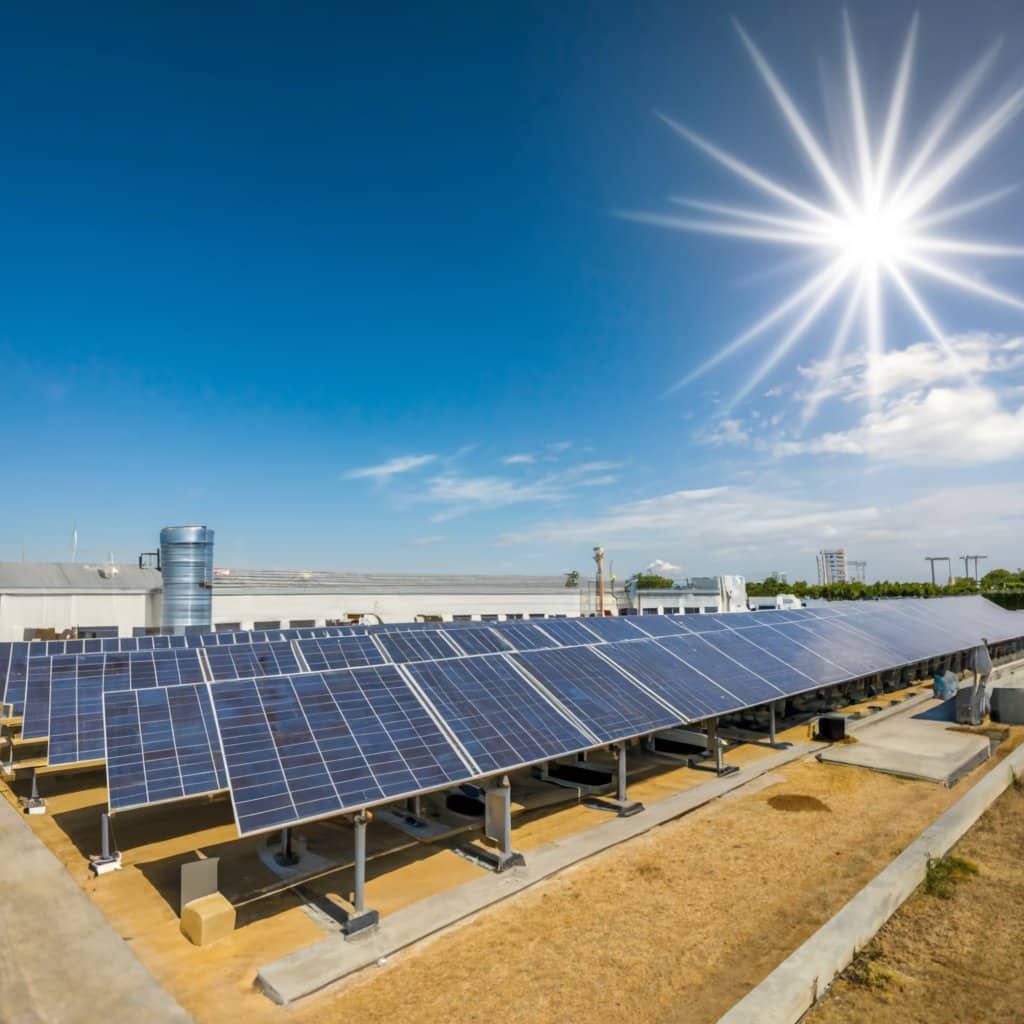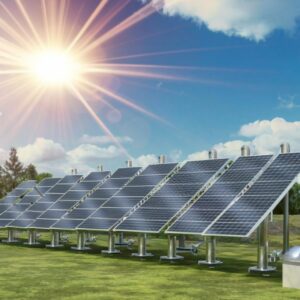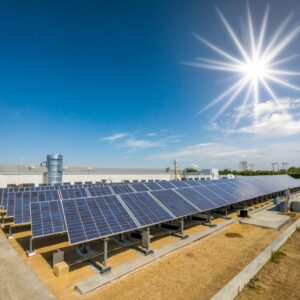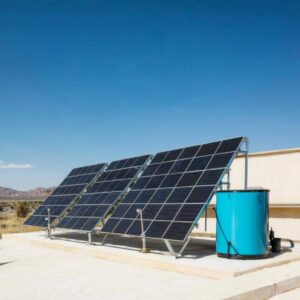
what is solar energy
What is Solar Energy?
Solar energy is the radiant light and heat from the sun that we can harness and convert into usable forms of energy, such as electricity or heat. As an abundant and renewable resource, solar energy has gained significant attention globally for its potential to reduce dependence on fossil fuels and minimize environmental impact. This guide explores the technology, benefits, challenges, and potential future of solar energy.
How Does Solar Energy Work?
Solar energy relies on technology to convert sunlight into electricity or heat. This is primarily done through photovoltaic (PV) cells and solar thermal systems, which each serve different applications and use distinct methods to generate power.
Photovoltaic (PV) Cells
Photovoltaic cells, commonly found in solar panels, convert sunlight directly into electricity. These cells are made from semiconductor materials, typically silicon, which absorb sunlight and release electrons. The movement of these electrons generates an electric current.
- Monocrystalline vs. Polycrystalline PV Cells:
- Monocrystalline Cells: Made from a single crystal of silicon, these cells are more efficient and durable but often costlier.
- Polycrystalline Cells: Composed of multiple silicon crystals, these cells are less efficient but more affordable, making them a popular choice for residential solar installations.
Solar Thermal Systems
Solar thermal systems capture heat from the sun and use it to produce thermal energy. This heat can then be used directly, as in heating systems, or to generate electricity through concentrated solar power (CSP) systems.
- Types of Solar Thermal Systems:
- Active Solar Thermal Systems: Use pumps or fans to circulate heat from solar collectors.
- Passive Solar Thermal Systems: Rely on natural circulation and don’t use mechanical systems, reducing maintenance and operational costs.
The Benefits of Solar Energy
Solar energy offers numerous advantages, making it a preferred source of renewable energy for both individuals and businesses. Below are some key benefits.
Environmental Impact
One of the most notable advantages of solar energy is its environmental impact. Unlike fossil fuels, solar power generates electricity without emitting greenhouse gases, making it a sustainable solution for combating climate change.
- Reduced Air Pollution: Burning fossil fuels for electricity contributes to air pollution, which is harmful to human health and the environment. Solar energy eliminates this risk by producing clean energy.
- Water Conservation: Traditional energy production, particularly in coal and nuclear power plants, requires significant amounts of water. Solar energy systems, especially PV systems, require minimal to no water, conserving an essential natural resource.
Economic Benefits
The solar industry has seen a dramatic reduction in costs over the past decade, making it more accessible to the general population.
- Energy Savings: By generating their electricity, homeowners can significantly reduce or even eliminate monthly utility bills. The cost savings increase over time as the price of solar panels continues to decline.
- Job Creation: The solar industry has been a growing source of employment, with jobs in manufacturing, installation, maintenance, and R&D contributing to the economy.
Challenges of Solar Energy
While solar energy has many benefits, it also comes with its own set of challenges.
Intermittency
Solar power generation depends on sunlight, which means it’s only available during the day and is affected by weather conditions.
- Solution: Solar Storage Systems: To address this issue, solar storage systems, such as batteries, store excess energy generated during sunny periods for use during cloudy days or at night. Advances in battery technology continue to make storage solutions more effective and affordable.
Land and Space Requirements
Large solar farms require significant land, which can be a limitation in densely populated or urban areas.
- Solution: Rooftop Solar Panels: Rooftop solar installations are an efficient way to generate electricity in urban settings. Homeowners, businesses, and municipalities can use unused roof space to generate clean energy locally.
High Initial Costs
Although the price of solar technology has dropped, the initial installation cost can still be high for some households or businesses.
- Solution: Incentives and Rebates: Many governments offer incentives, rebates, and tax credits to reduce the upfront costs of solar installations, making it more affordable for individuals and companies.
The Future of Solar Energy
Solar energy continues to evolve, and technological advancements promise even greater efficiency, affordability, and accessibility.
Innovations in Solar Technology
Researchers are developing new materials and methods to make solar panels more efficient. For instance, perovskite solar cells have shown promise as a low-cost, high-efficiency alternative to traditional silicon-based cells.
- Bifacial Solar Panels: Bifacial panels can capture sunlight on both sides, increasing their efficiency and energy output.
- Solar Skins and Transparent Panels: Solar skins allow customization of the appearance of solar panels to blend with a roof’s aesthetics, while transparent solar panels can integrate with windows, expanding the applications of solar technology.
Expanding Solar Energy Storage
The development of advanced energy storage solutions is a key area for the future of solar energy. With better storage options, solar power can become a more reliable and stable source of electricity, even in regions with variable sunlight.
FAQ Section
What is solar energy used for?
Solar energy is primarily used for electricity generation and heating. It powers homes, businesses, and industries and can be used to heat water, air, and even entire buildings.
How efficient are solar panels?
The efficiency of solar panels varies but generally falls between 15-20% for most commercial products. Advances in technology are continually improving efficiency levels.
Are there environmental drawbacks to solar energy?
The manufacturing process for solar panels involves some environmental impact, but this is far outweighed by the reduction in greenhouse gas emissions during their operational life.
What are the costs associated with installing solar energy?
The initial costs of installing solar energy systems can be high, but there are numerous incentives, tax credits, and financing options that help reduce these expenses. Over time, solar energy systems typically provide a return on investment through energy savings.
Can solar energy power a house completely?
Yes, with the right system size and adequate sunlight, solar energy can power a house entirely. Adding storage systems like batteries can provide power at night and during cloudy days.
What types of maintenance do solar panels require?
Solar panels require minimal maintenance. Periodic cleaning and inspections ensure optimal performance, and most systems come with warranties that cover issues related to efficiency and durability.






